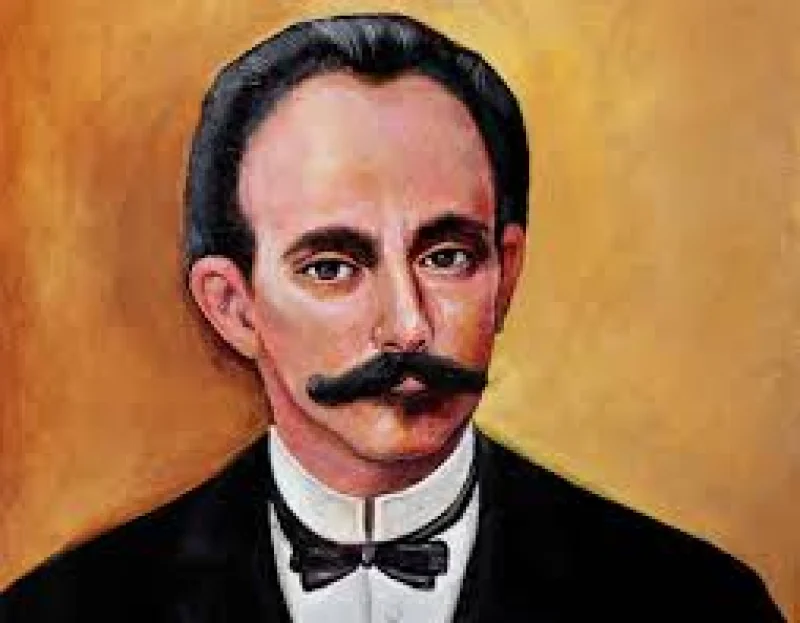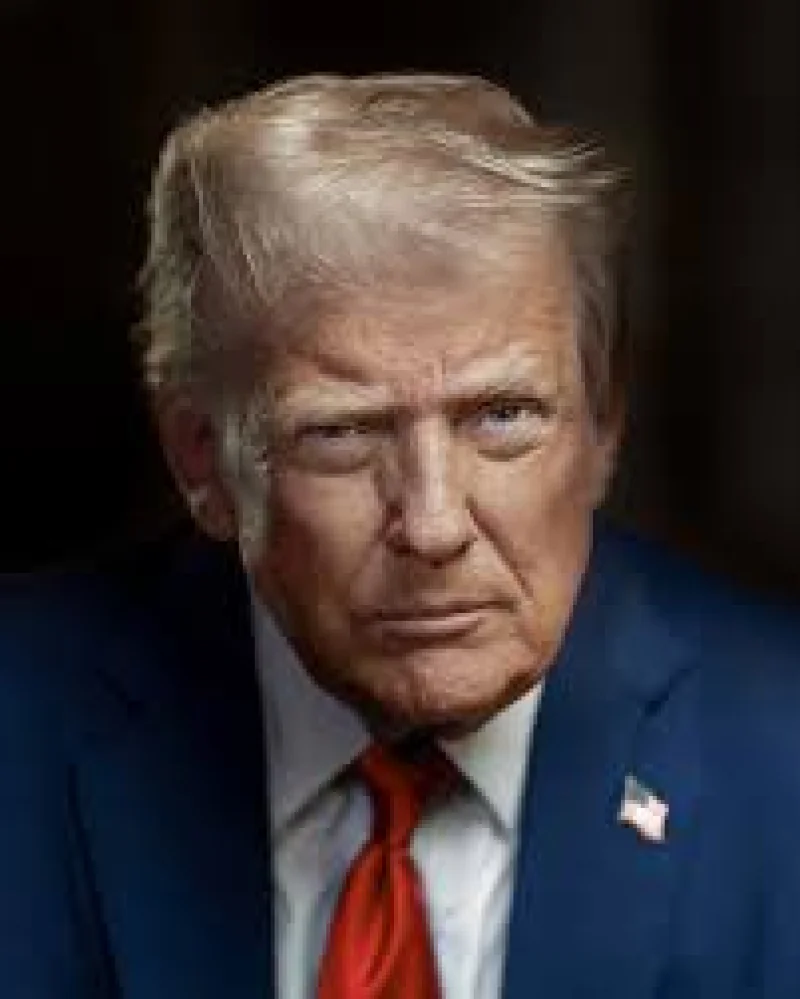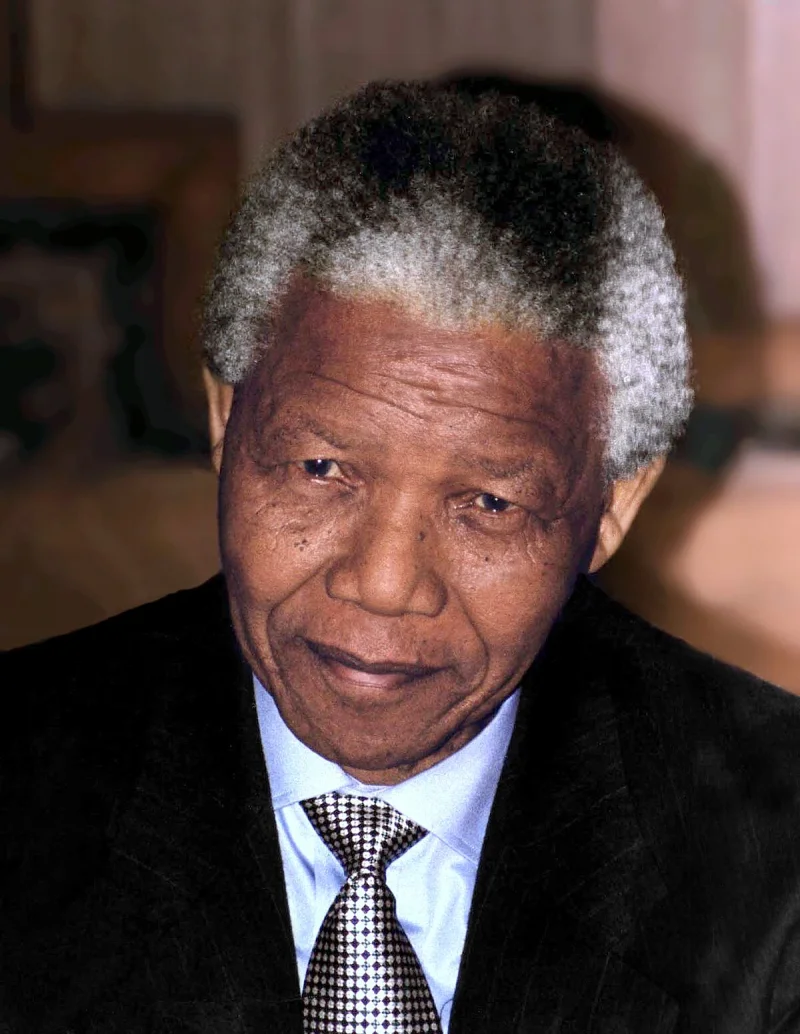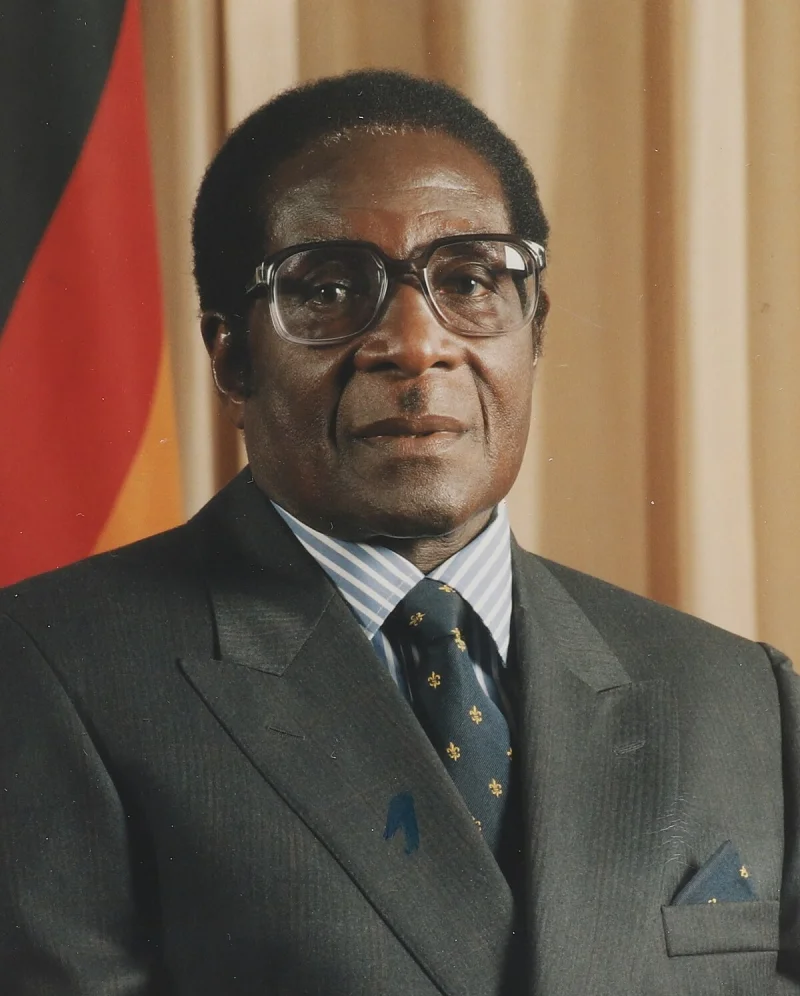Short Summary
José Martí was a Cuban poet, essayist, journalist, and revolutionary philosopher who played a crucial role in the fight for Cuba's independence from Spain. He became a symbol of Cuba's bid for independence through his writings and his political activism. His literary works and political efforts established him as a national hero in Cuba and an influential figure in Latin American literature and politics.
Early Life & Education
Born on January 28, 1853, in Havana, Cuba, José Martí was the son of Spanish immigrants Mariano Martí and Leonor Pérez Cabrera. From a young age, he was exposed to the injustices of colonial rule, which profoundly influenced his political ideology. Martí attended a local public school and later the Colegio de San Anacleto, where he showed a strong penchant for literature and writing. At the age of 16, Martí penned his first political essay, which led to his arrest and subsequent deportation to Spain, where he continued his education and obtained a degree in law.
Career Highlights
José Martí's career was marked by his unwavering commitment to Cuban independence and his prolific contributions to literature. He worked as a journalist and editor in various Latin American cities, using his platform to advocate for freedom and justice. Martí founded the Cuban Revolutionary Party and organized the Cuban War of Independence while living in exile. His writings, including essays, poems, and letters, articulated the vision of a free and democratic Cuba. Martí's death in battle in 1895 solidified his status as a martyr for Cuban independence.
Major Achievements
- Published "Ismaelillo" (1882): His first book of poetry, dedicated to his son, showcasing his literary talent.
- Founded the Cuban Revolutionary Party (1892): Instrumental in organizing the Cuban War of Independence.
- Published "Versos Sencillos" (1891): A collection of poems that became a cornerstone of Latin American literature.
- Organized and led the Cuban War of Independence: Martí's strategic planning and leadership were vital to the independence movement.
Famous Quotes
- "Liberty is the right of every man to be honest, to think and to speak without hypocrisy."
- "A genuine man goes to the roots. To be a radical is no more than that: to go to the roots."
Interesting Facts
- Martí was exiled from Cuba multiple times due to his political activities.
- He is considered the "Apostle of Cuban Independence" for his dedication to freeing Cuba from colonial rule.
- Martí’s writings inspired numerous Latin American leaders and movements for independence.
- He died in battle during the early stages of the Cuban War of Independence.
- His image and writings are revered and studied throughout Latin America.
Legacy / Influence
José Martí's legacy endures as a symbol of Cuban independence and a champion of Latin American unity. His literary works continue to be celebrated for their poetic brilliance and profound political insight. Martí's ideas on freedom, justice, and democracy resonate deeply in contemporary political thought, influencing leaders and movements across Latin America. His life and works are commemorated annually in Cuba and remain integral to Cuban cultural identity.
FAQ
Q: Why is José Martí famous?
A: He is famous for his role in the Cuban independence movement and his influential literary works.
Q: What did José Martí write?
A: He wrote essays, poems, and articles, including "Versos Sencillos" and "Ismaelillo."
Q: How did José Martí die?
A: He died in battle during the Cuban War of Independence in 1895.











